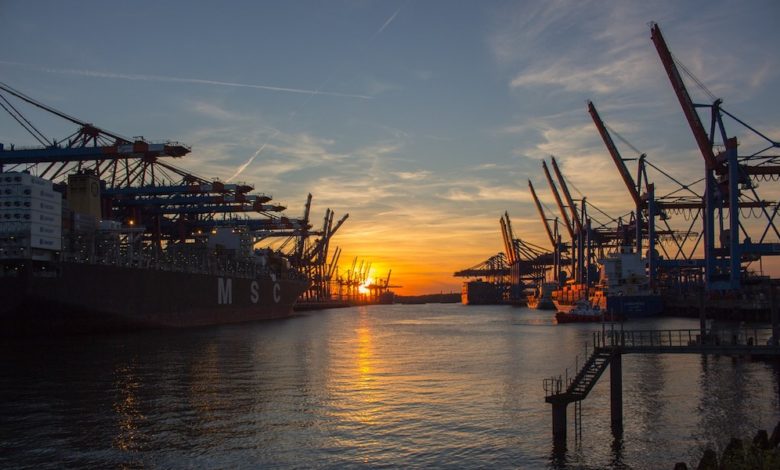EU lawmakers call for 2% green marine fuel mandate by 2030

Europe’s lawmakers adopted on Wednesday their position on draft EU rules on the use of renewable and low-carbon fuels in maritime transport (FuelEU Maritime) with a 2% mandate by 2030.
The European Parliament is pressing the maritime sector to cut greenhouse gas (GHG) emissions from ships by 2% as of 2025, 20% as of 2035 and 80% as of 2050 compared to 2020 level. The European Commission had proposed cuts of 13% by 2035 and 75% by 2050.
This would apply to ships above 5,000 gross tonnage, to all energy used on board in or between EU ports, and to 50% of energy used on voyages where the departure or arrival port is outside of the EU or in its outermost regions.
MEPs also mandated that containerships and passenger ships use on-shore power sources while docked at major EU ports by 2030.
The negotiating mandate was adopted by 451 votes to 137 and 54 abstentions, with Parliament now ready to start negotiations with member states.
EP rapporteur on sustainable maritime fuels, Jörgen Warborn, stressed: “This is by far the world’s most ambitious pathway to maritime decarbonisation. Parliament’s position ensures that our climate targets will be met rapidly and effectively, safeguarding the maritime sector’s competitiveness and ensuring there won’t be carbon leakage or jobs leaving Europe.”
Europe’s clean transport campaigner, Transport & Environment, backed by 50 industry organisations and NGOs, had called on the parliament to raise the green shipping fuel mandate to 6% in 2035. The group also called for a removal of the exemption for companies with three ships or less, which would exempt 60% of shipping companies, but it was rejected.
2% will not be enough
“The green shipping fuel mandate will kickstart the production of hydrogen-based fuels by providing investment security for fuel producers. But 2% will not be enough if we are to stick to 1.5 degrees. The EU must build on this and go bolder,” said Delphine Gozillon, sustainable shipping officer at T&E.
The parliament did reduce incentives for fossil gas by introducing stricter GHG targets, which T&E said would shorten the lifetime of LNG as a compliance option, but warned that it would not be enough to stop shipping’s worrying shift to LNG However, as Gozillon concluded, “it does signal that there is no long-term future for fossil LNG in shipping.”
To ensure compliance, MEPs favour the introduction of penalties. Revenues generated from these should go to the Ocean Fund and contribute to decarbonising the maritime sector, energy efficiency and zero-emission propulsion technologies.
The European Community Shipowners’ Associations (ECSA) welcomed the progress made on the proposal, with the parliament reaffirming that charterers should also be held accountable for meeting part of the decarbonisation costs but also proposing that fuel suppliers become responsible for making clean fuels available or otherwise compensate the company or commercial operator for the payment of penalties.
“Today’s vote is a step in the right direction as it introduces the notion of supplier responsibility when contractual arrangements are in place between a fuel supplier and a shipping company. However, more needs to be done to make sure that sufficient quantities of clean fuels are made available by fuel suppliers in European ports,” ECSA said in a statement.
Commenting via LinkedIn, Lucy Gilliam from the NGO Seas at Risk, said it was disappointing that the parliament did not support the 2050 full decarbonisation date, adding that “this must be revised in 2027” and that not all climate forcers were included.
“Black carbon, the second most potent climate heating emission from ships responsible for 20% of climate heating is once again left out of regulations. Wind is not properly rewarded either. Only things to celebrate are that LNG will be phased out by 2035, food biofuels excluded and e-fuel incentivised (although I’m not in favour of toxic ammonia as a fuel option for shipping – so lets just say hydrogen based fuels for now till there is more data on environmental safety),” she said.
